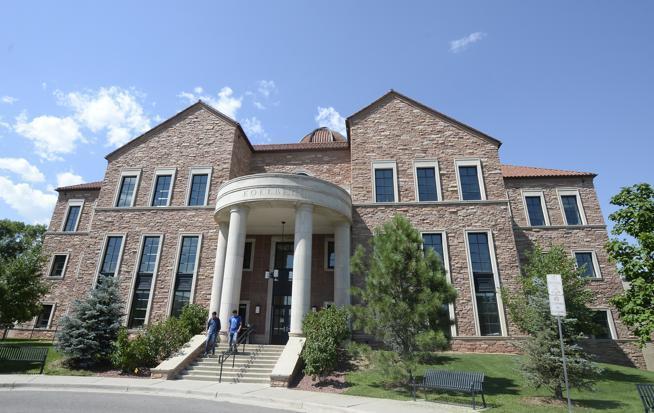Colorado’s economy is bouncing back strongly from the COVID-19 pandemic and recession, new data from the University of Colorado Leeds School of Business and the Colorado Secretary of State’s office shows.
A total of 39,252 new businesses filed initial paperwork with the state in the second quarter of 2021, up 25.7% year-over-year, according to Colorado’s Quarterly Business and Economic Indicators report. That’s a near-record increase.
Existing-entity renewals were up 1.7% compared with the second quarter of 2020.
“Colorado’s economic resilience has again proved remarkable,” Colorado Secretary of State Jena Griswold said Wednesday.
The state’s ongoing recovery is predicated upon national economic trends, said Richard Wobbekind, senior economist and faculty director of the Leeds Business Research Division.
The potential passage of a federal infrastructure bill, low mortgage rates, COVID-19 vaccines and strong stock market performance all bode well for the state and national economy heading into the second half of 2021, while the Delta variant, inflation, staffing struggles and supply-chain snags represent threats.
Despite these threats, officials are expressing optimism.
“It’s like we’re hiking up a 14er, and we’re so close to the top,” Griswold said.
Wobbekind agreed, saying, ““We’re seeing a lot of really good reasons for the national economy to continue improving at a strong rate.”
While the entirety of Colorado is in much better shape compared with 2020, parts of the state are bouncing back at different rates.
The Fort Collins/Loveland metropolitan area is second in the state for jobs recovery, while the Boulder and Greeley areas are last, according to the report.
Different segments of the economy also are recovering unevenly. Lower-wage jobs, particularly those in hospitality, have been slow to return.
“Unforeseen challenges … have deepened income inequalities,” Griswold said.
While the overall tenor of the CU economic indicators report is optimistic, economists do note that Colorado continues to trail the national unemployment-rate average.
“Unemployment in the state remains at 6.2%, ranking 35th in the country,” the report said. “While Colorado’s labor force growth ranks 23rd in the U.S., labor force participation rate is third strongest in the country at 68.5%.”
At the end of the second quarter, the state remained down 99,900 jobs from the January 2020 employment peak.
© 2021 BizWest Media LLC
This content was originally published here.

